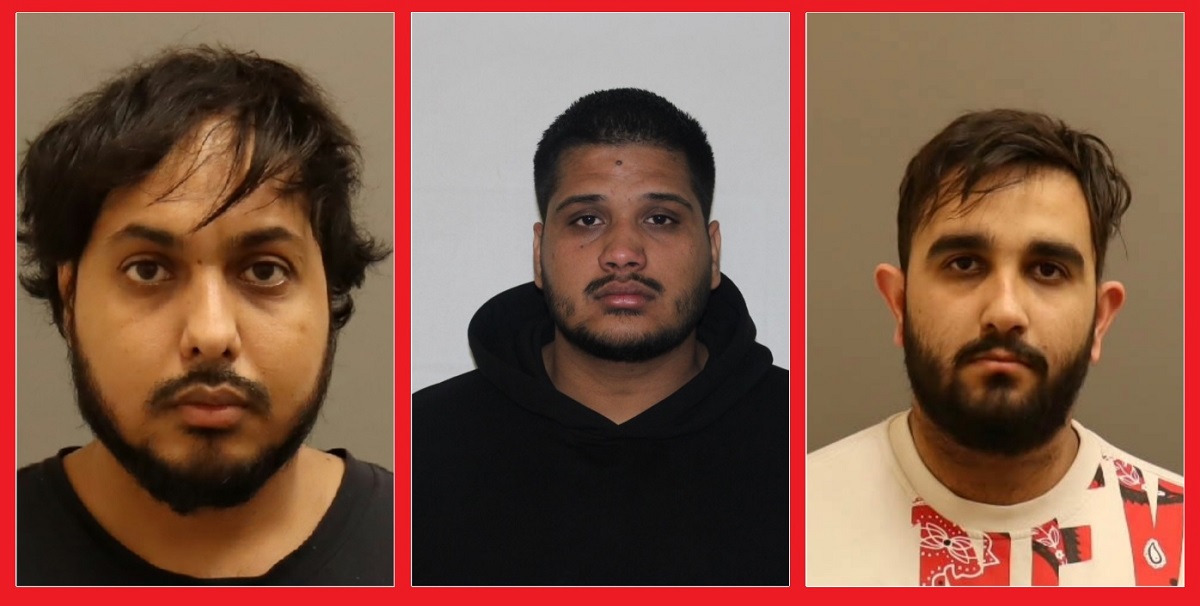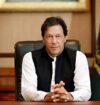Canadian Sikh Leader’s Assassination: RAW Hitmen Charged
Amid escalating tensions between Canada and India, the recent arrests of three individuals suspected of involvement in the assassination of Canadian Sikh leader Hardeep Singh Nijjar have sparked a significant backlash. The arrests, made by Canadian authorities, have raised questions about the extent of foreign interference and the potential implications for diplomatic relations between the two countries.
According to reports, the three suspects, identified as Karanpreet Singh, Kamalpreet Singh, and Karan Brar, have been charged with first-degree murder and conspiracy to commit murder in connection with Nijjar’s death. Nijjar, a prominent figure in the Khalistan Referendum campaign in Canada and leader of Sikhs For Justice (SFJ), was fatally shot in the parking lot of a Sikh gurdwara in Surrey, British Columbia, last year.
The arrests have shed light on the concerning trend of foreign intelligence services outsourcing clandestine operations to criminal elements.
Reacting to the arrests, Gurpatwant Singh Pannun, attorney and general counsel to SFJ, accused the Narendra Modi government in India of orchestrating the assassination. Pannun alleged that India’s Research and Analysis Wing (RAW), its foreign intelligence agency, ordered and organized the execution of Nijjar. He further implicated high-ranking Indian diplomats, including Indian High Commissioner to Canada Sanjay Verma and Consul General of India in Vancouver Manish, in providing logistical support and intelligence for the assassination.
The arrests have shed light on the concerning trend of foreign intelligence services outsourcing clandestine operations to criminal elements. Officials and experts have warned that governments increasingly rely on criminal organizations to carry out targeted killings of opponents abroad, often to maintain plausible deniability and access additional resources for their activities.
In a broader context, the incident underscores the complex dynamics of international espionage and the challenges posed by state-sponsored covert operations. As tensions persist between Canada and India, the fallout from these arrests may have far-reaching implications for bilateral relations and diplomatic engagement between the two nations.



